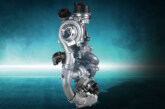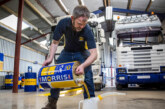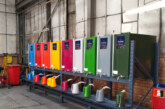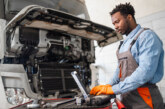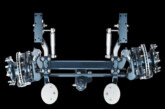Why cleaning and maintenance is important
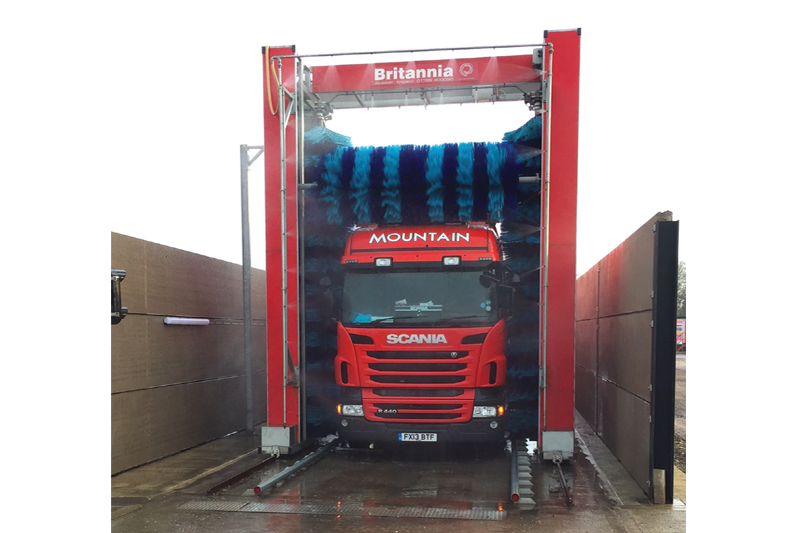
Companies operating fleets of trucks, vans or buses run the risk of hefty fines and their vehicles being ordered off the roads if they fail to keep on top of cleaning and maintenance, warns Dave Barker, Britannia Wash Systems.
Maintaining a clean fleet of commercial vehicles is an essential element of transport operations, not only to ensure the brand is well represented on the roads but to also achieve regulatory compliance and operational efficiency, as well as preserve the life of the vehicle and retain a better residual value.
For example, the Highway Code stipulates that ‘windscreens and windows must be kept clean and free from obstructions to vision,’ with fines of up to £2,500 for any business which fails to meet this obligation. The regulations extend to registration plates, with drivers whose plates are dirty facing on the spot fines of £100 under the Vehicle Excise and Registration Act 1994.
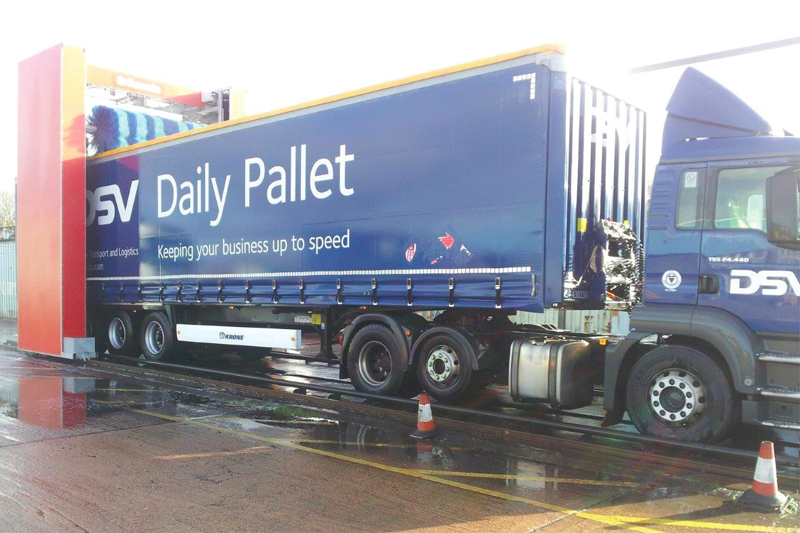
Life of grime
Heavy mileage also results in unsightly vehicles which, without exception, is off-putting to clients and prospects. Who would want their fresh or frozen food produce transported on a vehicle covered in grime from the roads? In any case, such grime reduces a brand’s visibility and more importantly can also put drivers and vehicles at an increased risk of accidents.
In addition, a build-up of dirt from the roads can lead to corrosion and structural damage of a vehicle and its components, increasing the chance of a failed MOT, heavy fines and even the withdrawal of an operator’s licence if a defective vehicle is pulled over by police.
Therefore, regular cleaning of commercial fleets is imperative to ensure any risk is minimised and that vehicles continue to achieve their optimum performance. Of course, any regular cleaning regime is going to consume big volumes of water, so owners and operators should look to those washing systems that are sustainable and environmentally more friendly. Our own range employs recycling and conservation elements to reduce water usage and improve carbon footprint and integrates with a variety of wash bays helping vehicle operators reduce costs and improve efficiency. They collect wastewater from different sources on site – for example, from a vehicle wash bay – filter it so it can be safely re-used.
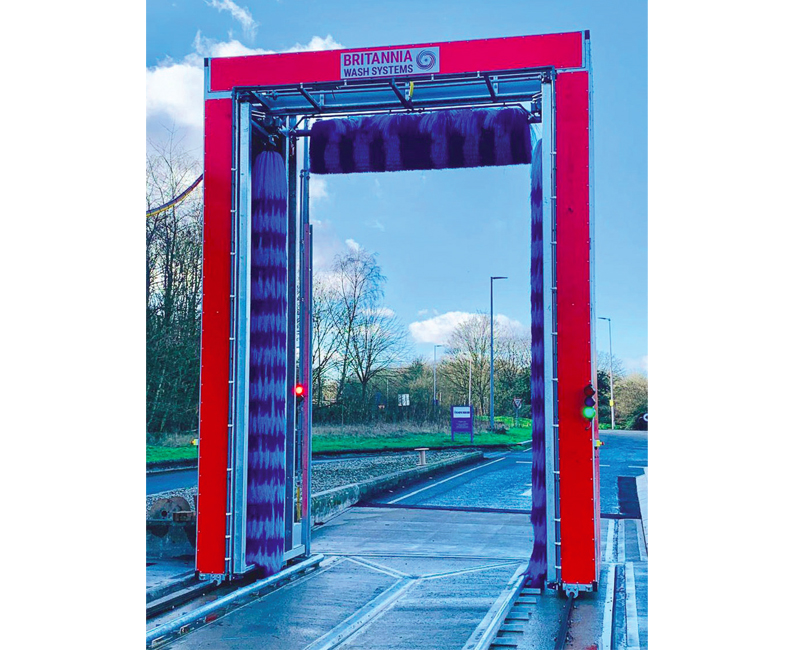
Instead of running clean, unused water directly from the mains, businesses are now able to source and re-use a supply which is already treated and filtered to the required standard, saving energy in the process by avoiding the continual treatment and processing of new supplies of water.
The reclaimed water is safe for cleaning, heating, cooling and other purposes, reducing the energy and carbon otherwise needed to pump, transport, heat and store process water from alternative sources.
Savings all round
The risk of legionnaires’ disease is also reduced, with the systems able to check, monitor and control specific risks, allowing the operator to run the wash plant with confidence that all water spray particles are within specified requirements before distributing to the wash pad. This process also incorporates all tanks associated with the water processing including the underground water storage facility associated to all wash plants, again unique to the design.
Good news is that the end result is a reduced water bill, reduced carbon footprint and a reduced risk of legionnaires’ exposure without compromising on the presentation of the fleet.
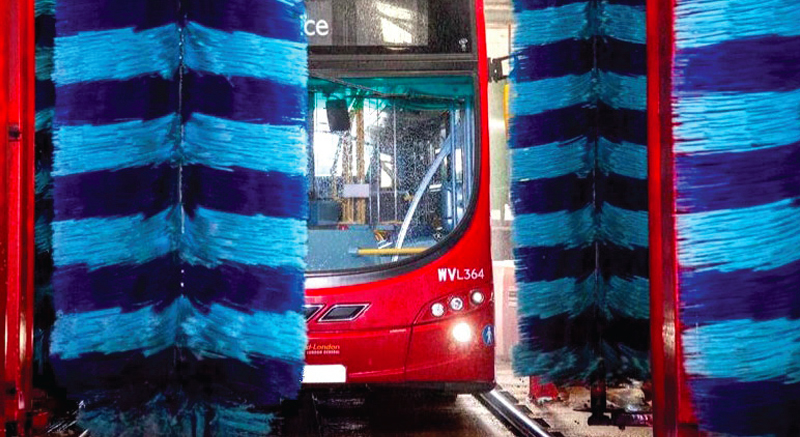
Some companies may find the regular washing of each of their vehicles on a regular basis an unnecessary irritant associating it with taking time out of the working day as well as increased costs. Although it does eat into the working day, it can save operators a lot of financial pain and potentially catastrophic consequences of cutting corners and taking short cuts.
Essentially a good system provides a strong return on investment, especially if you own a large fleet of commercial vehicles that requires regular cleaning or operate multiple locations throughout the country.


